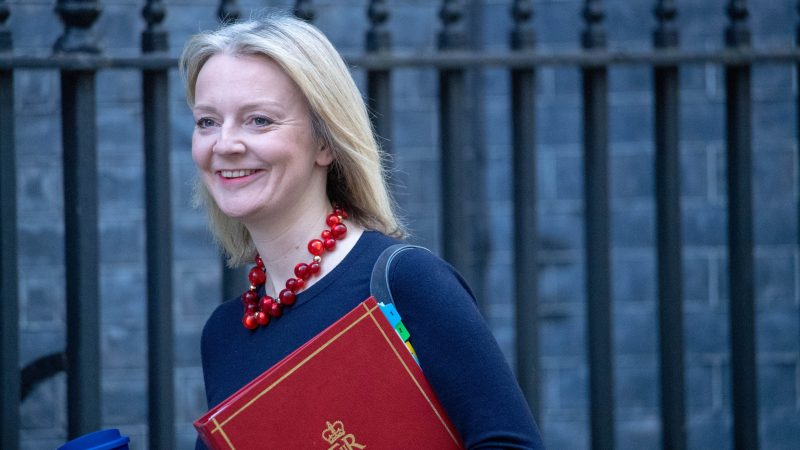
As Disability History Month draws to a close, the government has chosen to attack the foundations of UK equalities legislation under which disabled people and other protected groups are afforded rights. Whilst we look back on our successes in securing improved civil rights, the “fight for fairness” speech delivered by Liz Truss last week sought to unravel much of that progress. It is a stark reminder of how capable Tories are in wrecking hard-fought rights and reinforcing the need to ‘fight for fairness’ for the many not the few.
This year’s Disability History Month was an opportunity to raise awareness on equal access, celebrate our achievements and take stock on our position in society. It is 100 years since blind trade unionists marched to London for ‘justice not charity’, securing improved pay and conditions for people employed in sheltered workshops run by local authorities. It is 50 years since Alf Morris steered the Chronically Sick and Disabled Persons Act through parliament. This laid the foundations for social support and access to buildings.
It is 25 years since the landmark Disability Discrimination Act became law. 14 previous attempts to pass similar legislation had been defeated. The Act was designed to promote best practice, brought in reasonable adjustments and enforce compliance when employers or service providers discriminated.
It was a decade ago when the last Labour government harmonised a myriad of equality-related laws and extended rights to other groups. The Equality Act provided a framework across protected strands to build on, shape and reform.
Many in the disability movement have argued that harmonising equality laws and bodies was a retrograde step. They forget many of the benefits derived from a wider scope of protection. Yet setbacks have become apparent in enforcement and representation.
Calls for a fundamental overhaul of the Equality Act is very risky. Liz Truss wants to reverse our progress by swapping the pink bus with a blue horse and trap to whip through detrimental changes. Her speech arguably signalled a move to end the public sector equality duty, weaken Equality and Human Rights Commission enforcement action on protected grounds discrimination and yet again manipulate data to change the narrative.
Evidence-based policy is vital. Report after report has set out stark forms of inequality and poverty. Recommendations are plentiful. The government consistently fails to deliver despite the evidence base and action needed. For example, data on Covid-19 UK deaths show that 59% have included disabled people. The government has failed to recognise the disproportionate impact of coronavirus on disabled people. Not only have we been disregarded in vaccine allocations, but rights to access care and support have been undermined.
The Labour and trade union movement can be proud of its contribution to developing disability rights. However, hand in hand with other equality protected characteristics, we need to build on that framework by improving life chances for disadvantaged groups, challenging discrimination and prejudice, providing equality of opportunity for everyone.
For disabled people, that means the UN Convention on the Rights of Disabled Persons being incorporated into UK law, strengthening enforcement and representation to better implement equality laws and establishing a National Independent Living Service. Those measures would go a long way to empower disabled people to ‘fight for fairness’.




More from LabourList
‘Labour must confront the crisis of first past the post before it’s too late’
Unite to debate affiliation with Labour Party at conference next year
Miliband tops LabourList Cabinet league table, with gender divide in PM approval